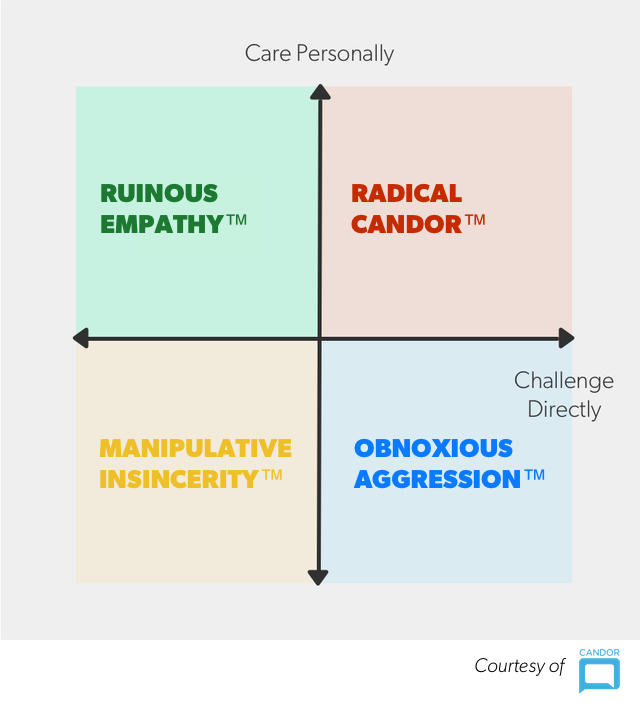The Story of the Skirt Tucked Up In My Tights
I was telling the story of how I walked down the full length of Oxford Street, London with my skirt tucked up in my tights. I waited at the bus stop for another five minutes before anyone said anything. It’s an age old question. Why do we find it so hard to give feedback to another person?
We were discussing this at the POD Bookclub event recently, in response to the issue of feedback in my book – Do What You Say You’ll Do, a book for new leaders and those reinventing their leadership style. Much of the conversation centred around the fact that people were scared to give feedback for fear of what the other person would think/say/react.
In fact, every time I talk about feedback, this is the same reaction. So much of the conversation takes place in our own heads before we get anywhere near giving feedback to the other person. Often we manage to talk ourselves out of giving the feedback for exactly this reason.
The real reason we don’t give someone feedback is because we are scared!
Radical Candor
So, it’s very refreshing to talk about Kim Scott and her approach to Radical Candor. Kim is ex google and she has coined the term as a way to provide feedback (negative and positive). She has created an acronym to assist:
HHIPP: “Radical candor is humble, it’s helpful, it’s immediate, it’s in person — in private if it’s criticism and in public if it’s praise — and it doesn’t personalize.”
Or as Brian Cook says: Right Time, Right Place, Right Way.
As Justin Langer says: Praise in public, critique in private.
The Feedback Options

Scott says, that if you can’t do radical candor – then what are the options? The dreadful thing is that for many of us, who do care personally but can’t challenge directly (because we are scared) – the options becomes ruinous empathy.
Scott cites an example where she fell into this trap and when she eventually did give the feedback, the employee asked “but why did you not tell me sooner?”
“Because I was scared”. It’s not really such a great answer is it?
Triangulation
Scott also talks about not playing politics and allowing other people to avoid giving feedback by coming directly to you. She says:
By trying to play shuttle diplomacy, I created exactly the kind of toxic political environment that I was trying to avoid.
The first question in a triangulated feedback conversation should be – have you spoken to x about this directly?
Where to from here?
If you need help either creating an environment of radical candor, or developing your own courage in this realm, get in touch to discuss how I can help you on the path. And watch Scott’s video – it’s absolutely worth it.
Until next week, happy leading.


